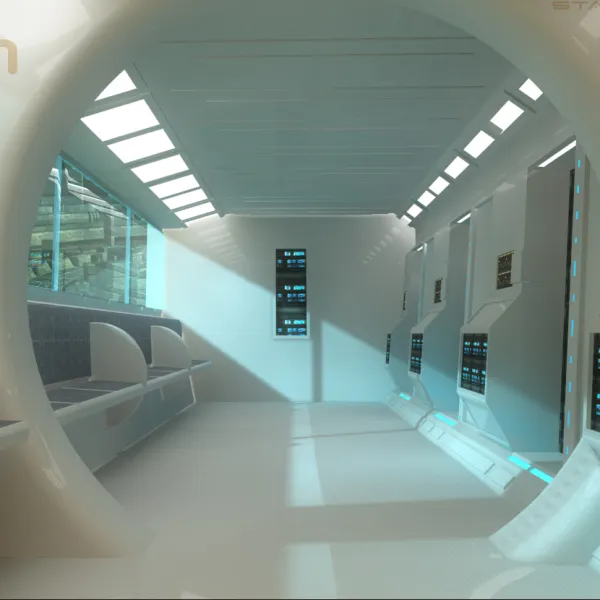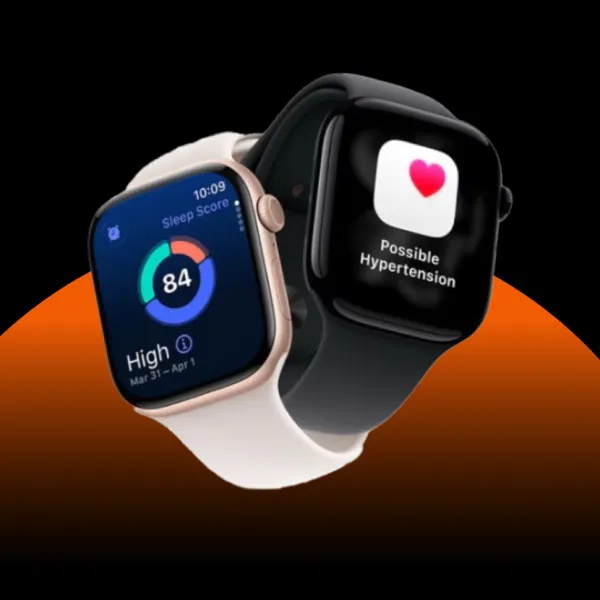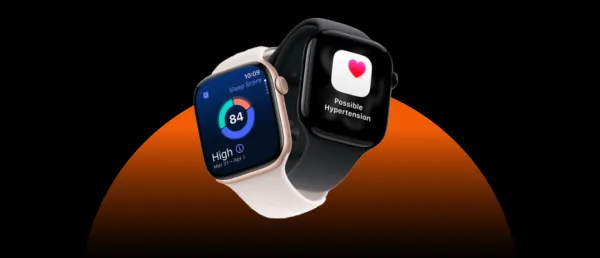Researchers Develop New AI Tool that Detects 13 Types of Cancers with 98% Accuracy

The University of Cambridge team highlights the urgency of tackling cancer, which results in over 19 million cases and 10 million deaths annually.
Researchers from the University of Cambridge have developed a new AI system capable of detecting 13 deadly cancers claiming 98% accuracy from tissue samples.
The research paper titled - “Artificial Intelligence for Early Detection of Renal Cancer in Computed Tomography: A Review,” was published online by Cambridge University Press.
The researchers team highlights the urgency of tackling cancer, which results in over 19 million cases and 10 million deaths annually.
The researchers collectively developed both binary and multiclass machine learning (ML) models to identify multiple cancer types from non-cancerous tissue samples.
The Study Findings
Their study identified “13 different cancer types from non-cancerous tissue with 98.2% accuracy” by observing changes in DNA marks during early cancer development.
AI leverages deep learning, particularly convolutional neural networks (CNNs), which are highly effective in image recognition tasks.
Further, these networks can learn complex patterns and features from large datasets of labeled medical imaging scans.
Utilizing pre-trained models that have been fine-tuned with specific cancer datasets allows for enhanced accuracy. This approach benefits from the general features learned from extensive datasets and adapts them to specific cancer detection tasks.
The research paper was authored by William C McGough, Lorena E. Sanchez, Cathal McCague, Grant D Stewart, Carola-Bibiane Schönlieb, Evis Sala, and Mireia Crispin-Ortuzar.
This review investigates the dynamic role of AI in cancer detection, emphasizing its contributions to revolutionizing cancer detection methodologies, particularly in radiology and medical imaging.
How Does the AI System Work?
The AI tool is capable of identifying specific cancer sub-types and genetic markers, which then creates personalized treatment plans tailored to the characteristics of each patient’s cancer.
Moreover, the AI-generated reports offer detailed insights into the extent and nature of the cancer, assisting oncologists in developing precise treatment strategies. This includes crucial information on tumor size, grade, and potential spread.
Additionally, the AI tool can monitor treatment responses by analyzing follow-up medical scans, enabling oncologists to make real-time adjustments to the treatment plans based on the latest data.
This AI tool, according to the Cambridge researchers, can help prioritize cases based on severity, ensuring that patients who need urgent care receive timely attention, thereby improving overall healthcare efficiency.
High accuracy in detecting multiple types of cancer also leads to earlier diagnosis, which is often critical for successful treatment outcomes. Early detection significantly improves prognosis and survival rates.
Stay tuned for more such updates on Digital Health News





























